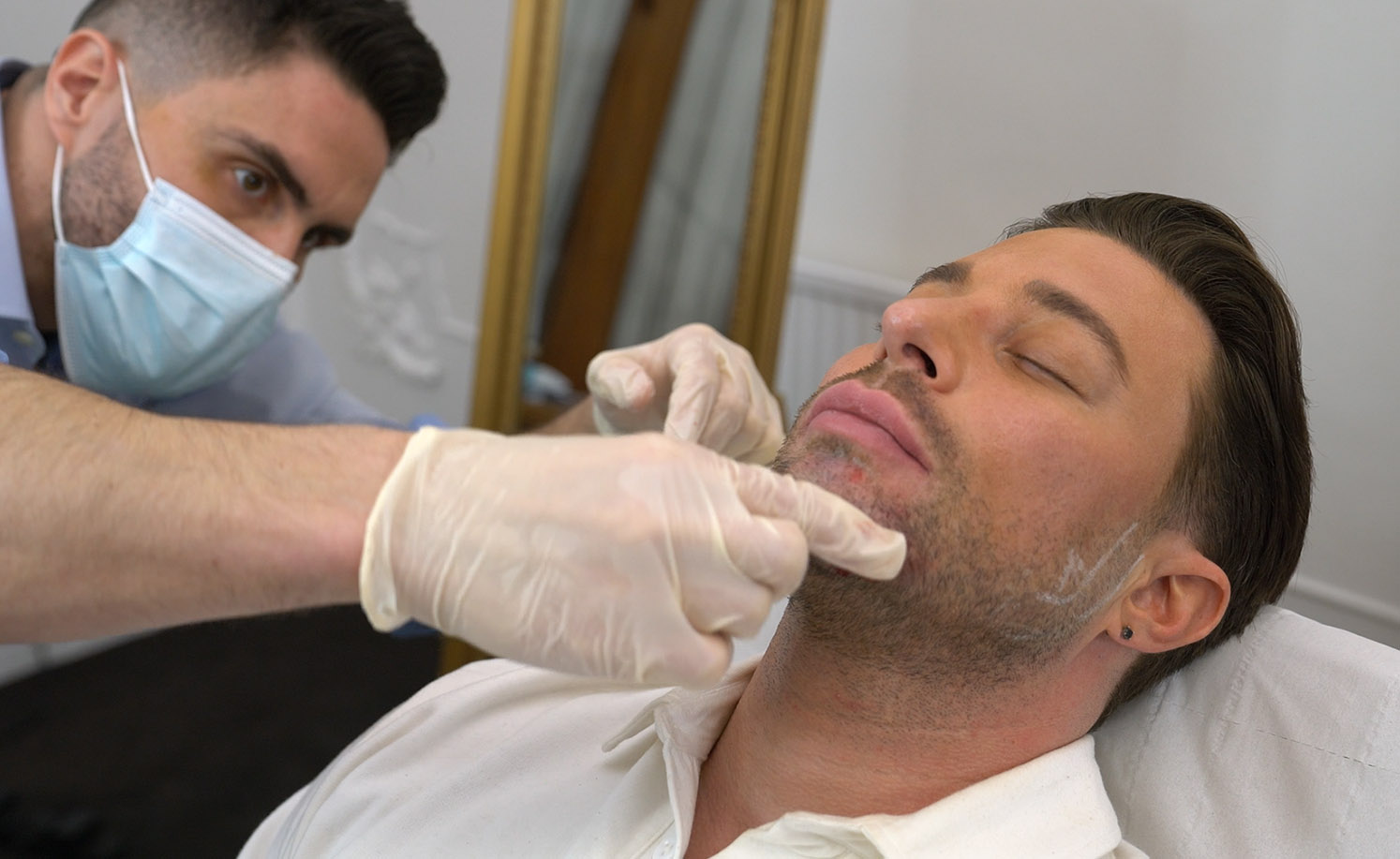
Save 10% off all our courses this Summer!
Plus get the Polynucleotides course for FREE when enrolling on the Level 7 course.

Plus get the Polynucleotides course for FREE when enrolling on the Level 7 course.
As someone who is dually qualified – I graduated with Honours in Medicine and Surgery at the University of Bristol in 2012 and Dentistry from King’s College London in 2021, and I now work as a Specialist Registrar in Oral and Maxillofacial Surgery at Kings College Hospital – I understand the unique skills dentists possess and why they are ideally suited to work in facial aesthetics.
There is a growing demand for facial aesthetics, with the market currently estimated to be worth £3.6 billion.
As a result, more and more dentists are interested in adding facial aesthetics to their practices and are well-placed to do so.
The skills, knowledge, and experience dentists possess make them well-suited to work in facial aesthetics and provide high-quality, safe, and effective cosmetic treatments to their patients.
Dentists have a thorough understanding of the anatomy and structure of the face, particularly the mouth and the jaw. This knowledge is essential when performing cosmetic procedures that involve the lips, cheeks, and other areas around the mouth and also gives a solid foundation in understanding anatomy and training in procedures for other parts of the face.
In addition, dentists are trained to work with small, delicate tools and to pay close attention to detail as well as working with needles in their daily working lives. These skills are invaluable when performing aesthetic procedures that require precision and a steady hand, such as injecting dermal fillers or botulinum toxin.
Another skill dentists have, which shouldn’t be underestimated, is their experience in dealing with patients who may be nervous or anxious about dental procedures. This experience translates well into the aesthetics field, where patients may have similar concerns and fears about undergoing cosmetic treatments, particularly those involving injections.
If you are a dentist, you will know how important it is to be committed to continuing education and staying up-to-date with the latest techniques and technologies in your field. This dedication to ongoing learning can help you excel in the field of facial aesthetics, where things are constantly evolving.
Pursuing a career in aesthetics can be fulfilling and financially rewarding for dentists alongside their dental practice or as a standalone career.
If you are a dentist interested in training in facial aesthetics, then we offer a variety of courses:
For any healthcare professional aspiring to begin their career in the aesthetic field, a Foundation course is the fundamental initial step. This course is CPD-accredited and can be taken alone or as a means to progress towards the regulated Level 7 Diploma (more details below). It focuses on providing training in the essential treatments that independent practitioners are expected to perform. All Interface Aesthetics courses are taught by doctors who practice aesthetics. Our Foundation Course utilises a competency-based approach to learning in medical aesthetics, guaranteeing that you will feel confident to pursue further training and practice upon completion of this stage.
The Level 7 Diploma in injectables, an accredited and OFQUAL-regulated post-graduate qualification, was the pioneer in its field. It is among a select few qualifications nationally regulated, with training and assessment adhering to externally imposed standards and a process subject to external moderation. In an inadequately regulated industry, the Level 7 Diploma is swiftly gaining recognition as the new benchmark in non-surgical aesthetics training.